Key Points on AI’s Role In The Future Of Data Protection
Artificial Intelligence is transforming every industry as we speak, and data protection might be the biggest of them all. With a projected market size of USD 113390 Million, there’s a lot to protect—and humans won’t be able to do it all.
Luckily for us, Artificial Intelligence solutions are here to help us out. Because AI can do a lot more than just collect and analyze data — it can also protect it. In this article, we’ll explain what the role of Artificial Intelligence is in the future of data protection.
Here’s AI for data protection in summary:
3 Ways AI serves in data protection
- AI Can Improve Compliance: from the GDPR to the CPRA, AI can help you track down gaps in your compliance with the most important data protection legislation.
- AI as an ally against cyberattacks: cyberattacks are becoming increasingly sophisticated, but so is AI. It can help you recognize the patterns that indicate an attack is underway and put in automated reactions to minimize damage.
- AI can protect against phishing attempts: together with ML and NLP, AI is a valuable tool in detecting phishing attempts—especially since they are becoming increasingly hard to spot.
Why AI is so valuable in the fight against cybercrime
- AI can handle more and more complex data than humans: with the amount of data that is being processed and collected every second, it’s incredibly inefficient to not let AI do the work—and AI can cut costs drastically as well.
- AI can quickly classify data and keep it organized: before you can protect your data, make sure it’s organized properly. No matter the amount or complexity of the structure, AI can help you stay on top of it.
- No humans needed to keep sensitive data secure: scared of human errors and have trust issues? With AI, you don’t need to rely on people for protection and discreteness.
The threats your data faces on a daily basis
It’s not just the good guys who are using technologies like artificial intelligence to up their game—hackers and people after sensitive data can also reap the benefits of AI. There are more than 2,200 cyberattacks per day—which means one every 39 seconds, so the threat is substantial.
While the clock is ticking, research found that fewer than 25% of businesses think they’re ready to fight off a ransomware attack. That leaves 75% of organizations all the more vulnerable to data privacy threats.
Leaks of personal information, data hacks and other privacy scandals are costly: it’s estimated that cybercrime will cost companies worldwide an estimated $10.5 trillion annually by 2025, with an average cost of $3.86 million per breach—not including the harm done to users and the reputation of a business.
That makes investing in a solid data protection system all the more useful, which is shown in the spending habits of businesses all over the world: global spending on privacy efforts are expected to reach $8 billion by 2022. Luckily, with the rapid developments in AI and other smart security tools, it has become more attainable—even for smaller businesses.
3 Ways AI serves in data protection
What does Artificial intelligence in data protection look like in practice? Let’s look at some of the ways AI can assist your organization in warding off cyber criminals.
1. AI Can Improve Compliance
How compliant is your organization with all the data protection and privacy regulations? It can be incredibly hard to keep up, understand and check whether your systems are up-to-date on the latest compliance regulations.
But—no need to worry! AI has taken over the nitty-gritty of it all. It’s expected that by 2023, over 40% of privacy compliance technology will rely on AI.
What kind of legislation can you hold up with the use of AI? Two big names are the GDPR and CPRA. AI can help you identify blind spots in your data protection efforts and warn you when you’re not living up to the standards governments put in place.
One tool that does this is SECURITI.ai. With AI-driven PI data discovery, DSR automation, documented accountability you get a clearer view of your data processing activities and can make sure you’re compliant.
An alternative AI solution is Claudette, a web crawler that assesses the privacy policies using supervised machine learning technologies. After it’s done scanning and collecting information, it checks if the data is used in a way that’s GDPR proof. It shows you issues such as incomplete information, unclear language, or problematic data processing tactics.
Of course, you can’t solely rely on AI to do all the work when it comes to privacy and data protection. You and your employees also need to understand and handle data in ways that are compliant with the rules set in place.
Start with understanding what the GDPR and CPRA are all about. Osano’s guide to CPRA is a great place to start to learn what the CPRA, which will replace the CPPA on January 1, 2023, is all about. Educate yourself on the rules of data protection, and it will be even easier to select an AI tool that will help you protect your valuable data.
2. AI as an ally against cyberattacks
With the combination of big data, artificial intelligence and machine learning, you have a great recipe for tracking down the patterns that indicate a cyberattack is happening. Why is that helpful?
It’s all about identifying patterns. When AI and ML work together, they can map out what happened during previous attacks. Together, they can identify the actions hackers have taken before and find weak spots in your security system, so you can fill those gaps and be extra alert.
AI can assist in quickly alerting the right people and systems that there’s a threat. This can even kick off a series of extra measures to be taken, so the cyberattack can be beaten back.
AI can also make sure malicious websites and unauthorized data transactions are automatically blocked before any harm can be done.
3. AI can protect against phishing attempts
Sometimes its employees who unknowingly are letting the cyber criminals in. Many people roll their eyes when they hear about yet another phishing attempt—shouldn’t we all know better by now not to click on certain links? — but cyber criminals are creating increasingly sophisticated phishing attacks. Even the most tech-savvy and internet-native people are able to fall for it.
Because phishing is all about what’s happening in the details, or in the background of a message—something the untrained human eye won’t immediately see.
Ai does see it, however. With technologies like Natural Language Processing and Machine Learning, it can automatically spot if a phishing attack is at play, and warn users.
There are even AI and ML tools on the market that are able to analyze the context of a message and the relationship between the sender and receiver, for even greater accuracy.
Why AI is so valuable in the fight against cybercrime
But why AI? Can we really rely on yet another robotic system to keep a digital framework safe? Isn’t it safe to have it handled by humans? We’ll expand on the three main benefits AI offers in the data protection game.
1. AI can handle more and more complex data than humans
With all the data that is being processed and stored nowadays, there are barely enough people on the planet to keep an eye on every sensitive piece of information.
Good data protection is extremely time-consuming, because it’s constant. Checking servers manually is virtually impossible.
AI can work automatically and 24/7, no matter how much data there is to handle. On top of that, AI can be put in place to handle the more complex data structures, which can be hard to analyze and protect for humans. All while keeping costs low.
2. AI can quickly classify data and keep it organized
Before you can even start protecting data, you will need to put it in place—efficiently. With the large volumes of data that organizations deal with, AI comes in handy. AI can quickly classify and manage data to keep it organized.
3. No humans needed to keep sensitive data secure
AI can work independently from humans, which means nobody necessarily needs to have direct access to the sensitive data you’re trying to predict. Not only does that decrease the changes of human error, but it also builds an extra layer of trust.
Ready to call in the help of AI for your data protection?
Start by looking at the legislations that are important for your organization, and build on the needs you have for your specific business. Want to know more about the power of AI for data driven businesses? Keep reading in our blog section dedicated to artificial intelligence!
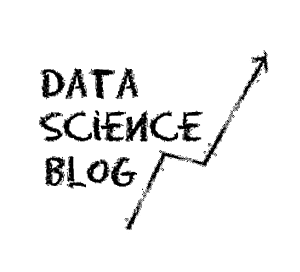
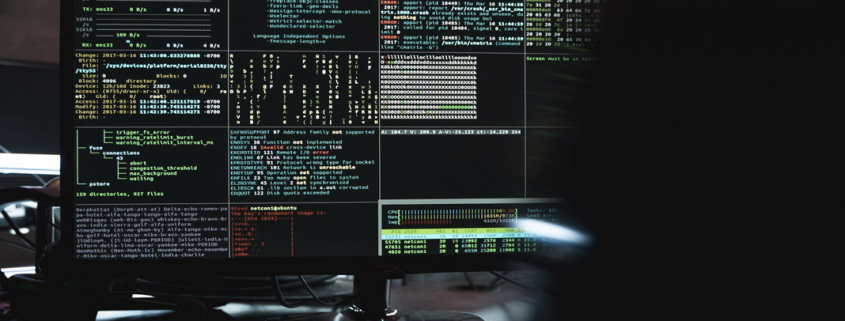
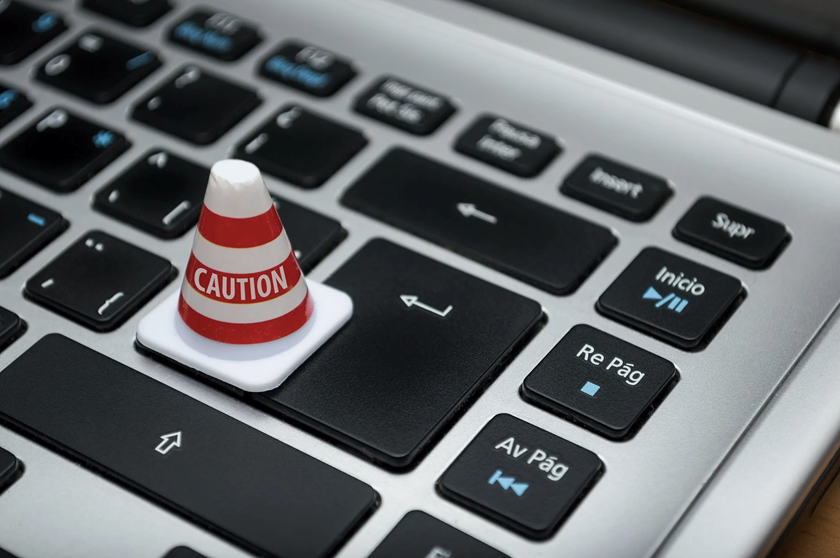
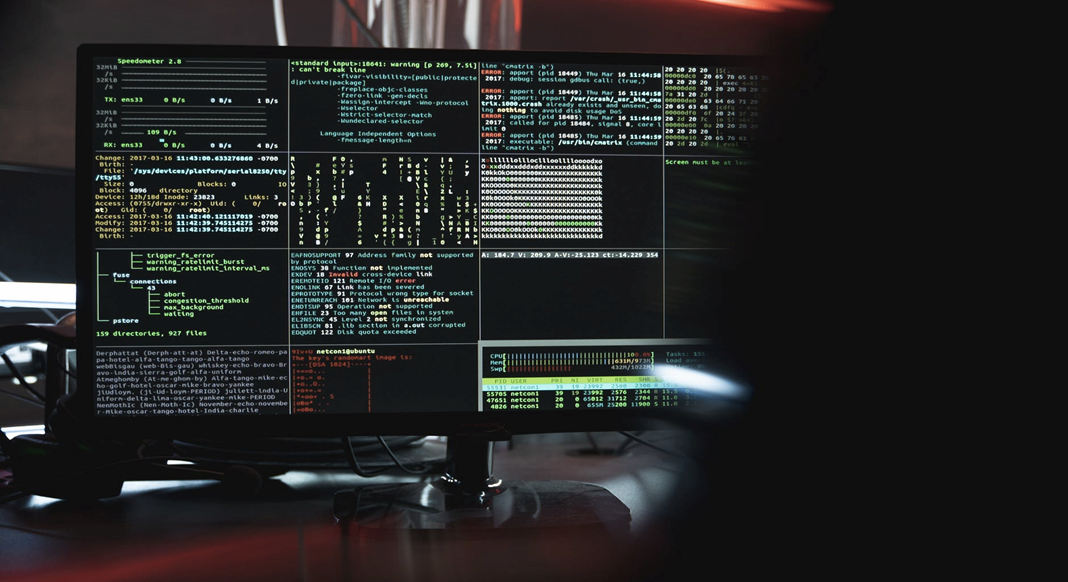
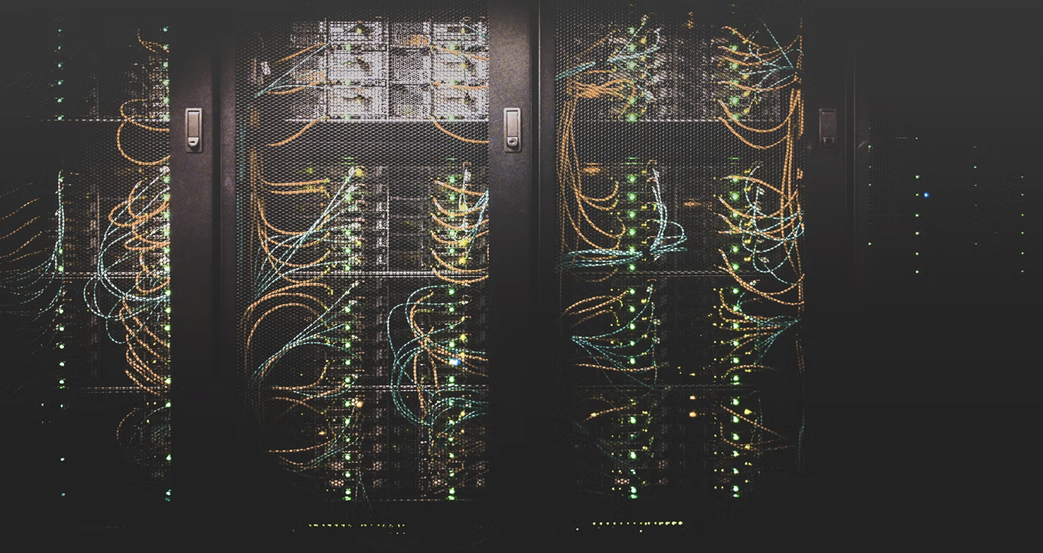


Leave a Reply
Want to join the discussion?Feel free to contribute!